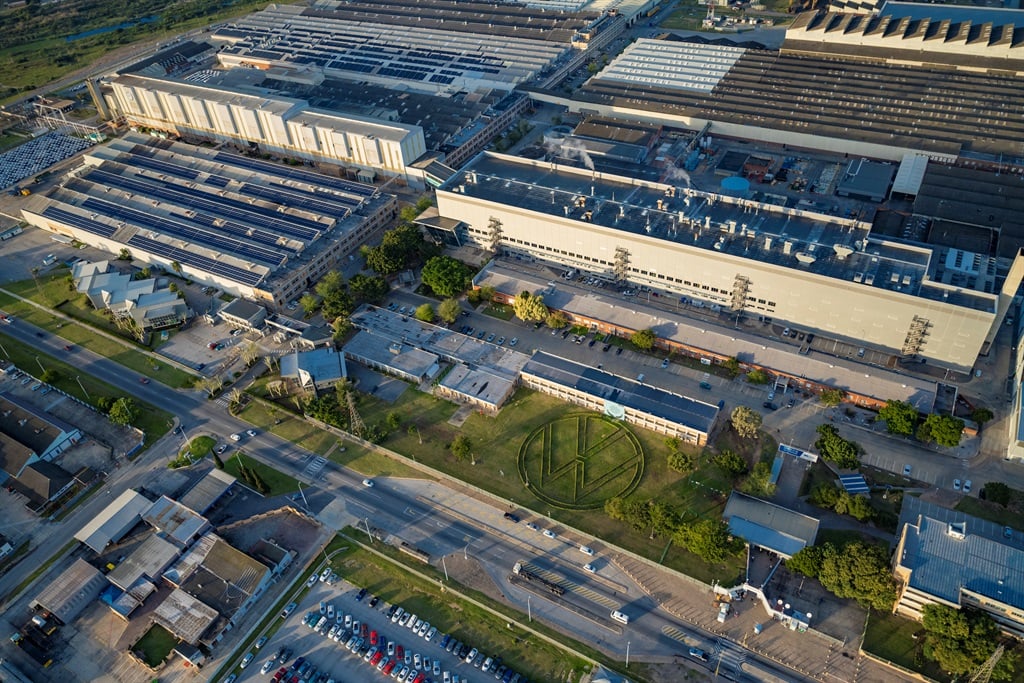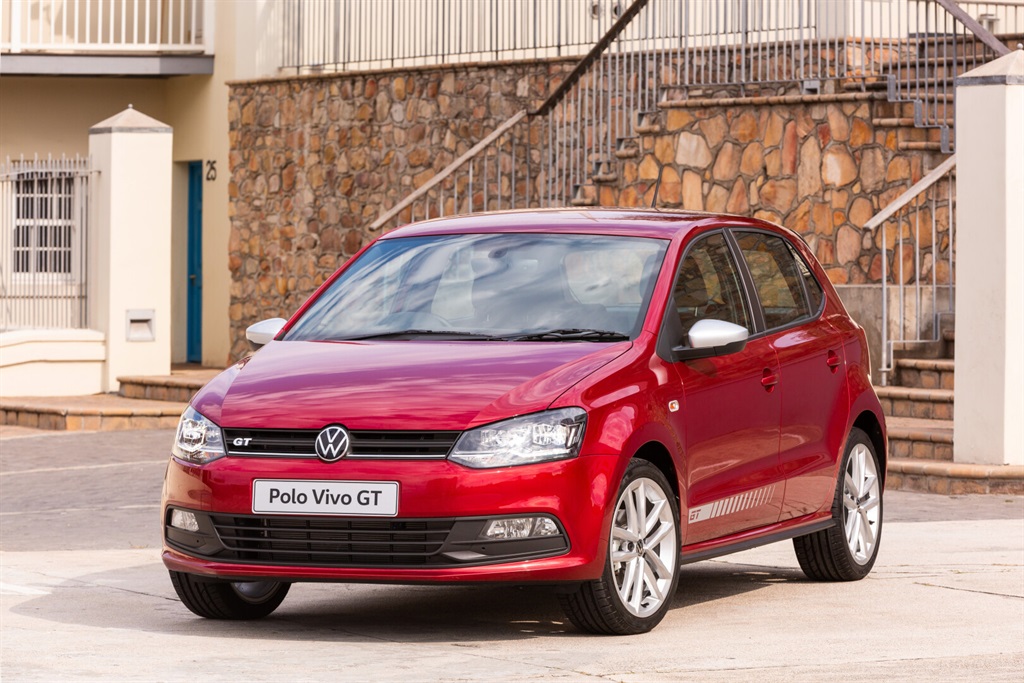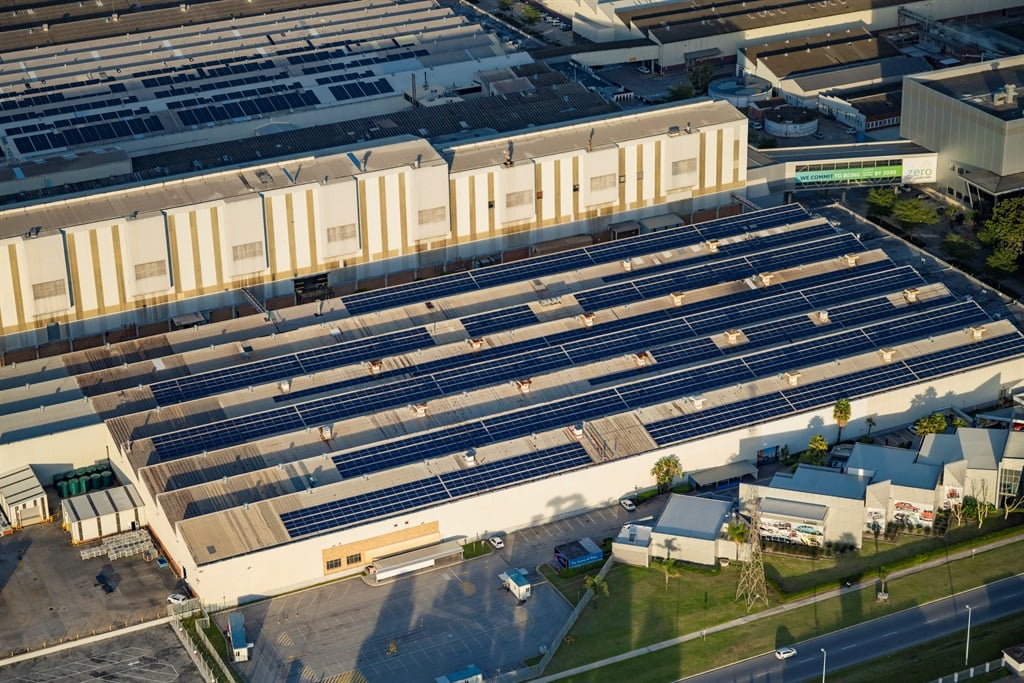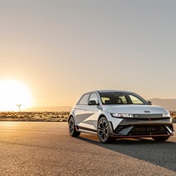
- The future of Volkswagen manufacturing has been secured with the announcement of a third model, which will be produced locally.
- An initial R4-billion investment will ready the Kariega plant to produce an SUV model.
- Volkswagen Group Africa sees the African continent as the last frontier for automotive development.
Volkswagen Group Africa has secured the future of their local manufacturing operation by announcing a R4-billion investment in its manufacturing plant in Kariega in the Eastern Cape, where it has been manufacturing vehicles for nearly 73 years.
The Kariega facility produces 162 000 cars annually.
"Plant Kariega is an important manufacturing plant within the Volkswagen Group production network. Since 2011, Volkswagen has invested R10.28 billion in production facilities, manufacturing equipment, local content tooling and people training.
"The new investment is a vote of confidence in the plant's future. It also futureproofs jobs for our people and those employed in our supplier network," said Martina Biene, the chairperson and managing director of Volkswagen Group Africa.
READ | Review: VW's Taigo is a compact SUV offering stylish looks, driving pleasure and good functionality
This substantial initial investment will be used towards the upgrade of the Kariega facilities in preparation for the production of a third model in 2027. The third, yet-to-be-named model, will be a compact SUV, which will be manufactured alongside the Polo and Polo Vivo that are currently produced at the facility.
The Kariega manufacturing facility is the only plant globally that manufactures the Polo, and this is set to continue alongside the new SUV model in the foreseeable future.
Preparations will include upgrading manufacturing facilities, manufacturing tooling, local content tooling and quality assurance. Nearly 877 million will be spent to enhance automation in the body shop, while R418 million will be spent on procuring new press tooling. The first phase of the upgrades will occur at the end of 2024, during the plant shutdown. The preparations for producing this new model will also include training and upskilling opportunities for existing employees.
R1.2 billion of this investment will ensure a high level of localisation of the new model, to use 40% local components. This significantly boosts the local supplier network surrounding the plant and across South Africa. Currently, the Polo and Polo Vivo are manufactured with 46% and 58% local content, respectively.
ALSO READ | SA's favourite used cars? – Same three brands, but provinces have preferences
While Volkswagen Brazil is leading the design and development process of the new SUV, Volkswagen Group Africa's Engineering team has collaborated with Volkswagen Brazil to ensure that the new model is ideally suited to South African and African requirements. This localisation process includes the development of a right-hand drive version.
"South Africa is an essential market for the Volkswagen Group, particularly regarding our long-term goal of establishing our footprint on the African continent, which is seen as the last frontier for automotive development.
"As such, we have recently renamed our local company, Volkswagen Group Africa, to represent our steering responsibilities and ambitions to grow the Volkswagen brand on the continent. The new model can potentially be sold in other African markets where Volkswagen has a presence. With new vehicle sales in Africa projected to reach three million vehicles per annum, the future of Volkswagen is in Africa," Biene added.
Stuart Johnston | A rare South African split-window Volkswagen Beetle from 1951
"With increasing population numbers, a GDP per capita increase, low vehicle density and an average age of 19 years, we expect the demand for vehicles to skyrocket. In response, we are positioning ourselves to service this need. Many of the major African countries are also expected to announce policies to assist this growth and slow down the import of second-hand vehicles to the continent," said Biene.
"As most global vehicle markets transition to electric vehicles, African markets like South Africa will continue manufacturing and selling vehicles with internal combustion engines (ICEs) for the foreseeable future, owing to customer demand for ICEs and slow introduction of electric cars in these markets. However, for the Volkswagen brand, the electrification journey begins this year with the introduction of our ID.4 test fleet in South Africa and Rwanda, "said Biene.




 Publications
Publications
 Partners
Partners






![From left to right: Nelson Mandela Bay Mayor Gary van Niekerk; German Ambassador to South Africa Andreas Peschke; Minister of Trade, Industry and Competition Ebrahim Patel; Volkswagen Group Africa Chairperson and Managing Director Martina Biene; Eastern Cape Premier Lubabalo Mabuyane; Volkswagen Group Africa Production Director Ulrich Schwabe. [Image: Supplied, Volkswagen SA] From left to right: Nelson Mandela Bay Mayor Gary](https://cdn.24.co.za/files/Cms/General/d/11770/a5a6f245a7a6495087019cc6b628bb8b.jpg)








